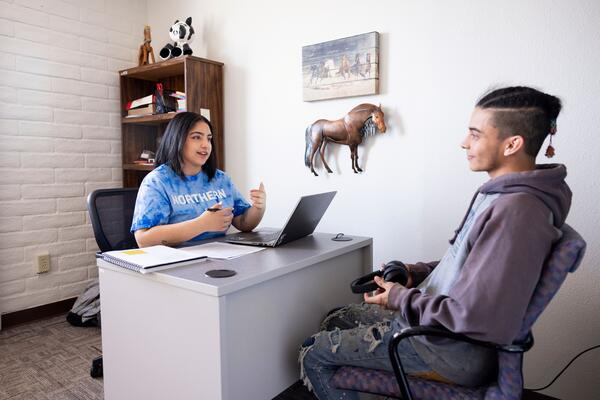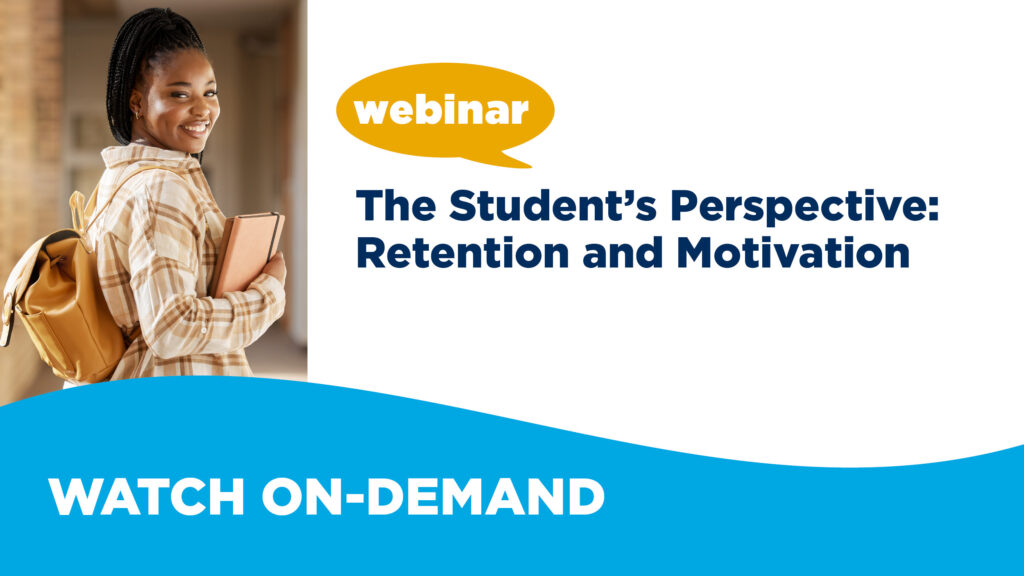(Program note: In order to reduce the competition for attention, this column’s Monday and Thursday schedule has been changed to Monday and Friday.)
Monday’s post outlined The Girl’s many academic strengths and mourned some changes in the field that make pursuing her preferred career a high-risk enterprise. She’s a wildly talented reader and writer—insightful, distinctive and often funny—who would make a great English professor if the world still offered jobs like those in any meaningful number. She’s looking closely at an information science option. I asked my wise and worldly readers if they had any thoughts on advice I could offer her.
Luckily, I have the best readers ever. Folks responded thoughtfully and graciously. Some highlights and patterns:
- Readers within the library world responded with variations on “We love our jobs, but they’re getting scarcer, too.”
- Even there, though, hope could be found. A few pointed out that having a master’s degree in a discipline can be a selling point with academic libraries. They often suggested getting a foot in the door at a university library, then using the free tuition offered to staff to get the master’s in English. I have to admit that free tuition is a nifty benefit.
- They also pointed out that working full-time in a college or university library doesn’t preclude teaching the occasional English course on the side. Adjuncting for a living is brutal, but a course on the side—when the basic needs are met elsewhere—can be gratifying.
One wise and worldly reader took issue with the assumption that graduate programs are about getting jobs. As he put it,
“I tell students that, so long as you are going to grad school in a funded program, if no job in academia results, then you’ve had the privilege of spending fiveish years doing something that few people get to ever do. And then, in terms of career prospects, you’re right back where you were when you finished your B.A. Being in a funded grad program will allow you to tread water, financially speaking. So yes, you will be behind your friends from undergrad who went straight into careers and began building up equity in their homes and their 401(k)s, but that is the sacrifice one makes to get to spend time in grad school.”
Concur in part and dissent in part. (That’s language from the Supreme Court, from back when they used to explain their decisions.) It’s certainly true that the kind of extended reading of academic texts that grad students do is rare outside of the academy. And on good days, there can be real intellectual excitement. But I also remember a lot of posturing, preening, bluffing and one-upmanship that seemed as petty as would be found anywhere else. And while it’s true that a fellowship is a rare privilege, it’s also true that the opportunity cost of subsistence-level living for five or more years is shockingly high. So yes, it can be intellectually rewarding, but I suspect there are other ways to get that without being quite so broke.
Another reader reframed the issue, putting the field of study at the center:
“If I really believe in the importance of transmitting human culture across generations, then should I maintain that it’s worth doing only when it’s economically expedient? Would I have any real credibility with my students if I seemed to tell them, out of one side of my mouth, that reading Walden and Moby-Dick is a valuable use of their time and a potential source of future wisdom and happiness, and then also tell them, out of the other side of my mouth, that they should make career choices that are at odds with what they’re gleaning from these books—and also, by the way, not be bothered if those books disappear from their children’s and grandchildren’s civilization?”
It struck me as a variation on the much older idea of a calling. I’m sympathetic to that at some level—when I don’t write for a while, I feel out of tune—but I’ve seen the idea of a calling used to justify appalling levels of exploitation. While TG is wildly talented, she’s also pragmatic; her politics, like mine, are about rejecting poverty across the board, rather than romanticizing it. I consider her clear-sightedness a real strength. She wants to make an adult living, and I don’t blame her one bit.
On the opposite end, one reader suggested that she pick up some training in automotive repair, start working in a shop, and use her communication skills to move up over time. It’s an interesting theoretical point, and it brought back fond memories of Car Talk, but I don’t see her doing that. (She confirmed my hunch.)
High school teaching also showed up as a frequent option. Even as professor gigs seemingly vanish into the ether, many states have teacher shortages. As dual enrollment gains ground, opportunities for teaching at least introductory college-level courses may become easier to find. High school is a very different environment, but the option exists.
Several readers’ stories (or their children’s stories) started with traditional academic pathways and veered into institutional research (the in-house research office on campuses) or instructional design. Both fields draw on a general knowledge of the ways that higher ed works, and a rapport with faculty is helpful in both. The job market for instructional designers appears to be much healthier than the market for either librarians or humanities faculty. That may be because instructional design can lead to corporate training jobs, as well as jobs in the academy. A wider scope of potential options is not a bad thing.
Others made the point in various ways that career paths aren’t linear. One mentioned a daughter with a Ph.D. in physics who went on to become a successful patent attorney. Another started trying to be a librarian, switched to the tech world, got a Ph.D. in philosophy and now helps engineers with their people skills.
I had to smile at this argument, because I know it’s true. If you had told me, in the midst of my doctoral program, that I’d spend much of my career in community college administration, I would have looked at you quizzically. Yet here we are. Degrees matter most at the early stage; by a decade or two into a career, it’s not unusual for the job title to be pretty distant from the degree. But TG is at the early stage, so it still matters.
Thanks to everyone who wrote! I was gratified by the generosity of spirit that everyone showed. Best. Readers. Ever.





